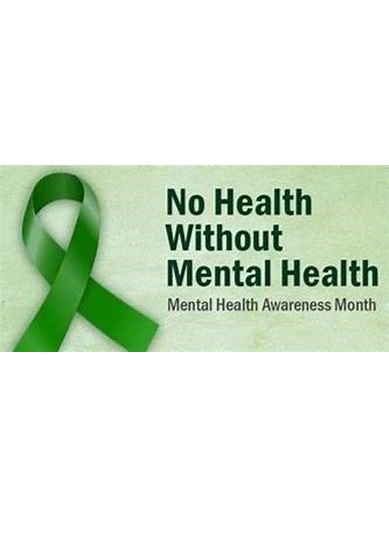In Part1, we discussed the value of emotional regulation and resilience as important life skills. As promised, provided below are practical tips to get you started.
Anxiety can be strongly influenced by how we, as parents and caring adults respond to children’s emotions and resulting behaviors.
When we keep the mind frame that ‘we are teaching a skill “ — rather than “I have to correct or punish bad behavior” —a positive, nurturing approach is maintained, that changes the tone and content of the feedback we give.
The key is not to avoid situations that are difficult for kids to handle, but to coach kids through them and provide support.
Here are some useful, practical tips compiled from a variety of sources* to help mindfully ‘coach’ emotional regulation and resilience skills:
Give them Some Time (wait a few beats to respond rather than react)
- Approach impulsive, inappropriate behavior calmly and give them time. Slowing down allows kids (and adults) to become more thoughtful, reflective and self-aware so they can learn to choose better ways to respond to that situation.
- Feedback should be communicated in a non-judgmental and non-emotional way, and brainstorming together how it can be handled better next time.
Resist the Urge to Fix It and Teach Problem Solving Skills Instead
- When kids come to parents to solve their problems, the natural response is to lecture or explain. A better strategy is to ask questions. By bouncing the problem back to them with questions, we help them think through the issue and come up with a list of ideas for solution, and we can help them work through the weighing of the pros/cons of each idea.
Encourage them to Express their Feelings/Label Emotions
- Encourage kids to express their emotions. Teach kids that all feelings are important and that labeling their feelings can help them make sense of what they’re experiencing. When kids talk about how they’re feeling and what may the cause of these feelings, their emotions feel more manageable. Ask questions like “How are you feeling right now?”, “Where are you feeling it in your body?”, and “What do you think caused the feeling?”
Embrace Mistakes—Theirs and Yours
- Those who avoid failure, lack resilience. When parents/adults focus on end results, kids get caught up in the pass/fail cycle. This causes risk avoidance. Embracing mistakes (your own included) helps promote a growth mindset and gives kids the message that mistakes help them learn. It can be helpful to talk about a mistake you made and how you recovered from it.
Encourage and Demonstrate Positive Coping Skills
- If you sense that anxiety is building up, facilitate/encourage your child to transition to an activity that makes them feel good about themselves such as art, music, or a physical activity. Deep breathing exercises help kids relax and calm themselves when they experience stress or frustration. This enables them to remain calm and process the situation clearly. Many schools in Bergen County are now introducing mindfulness activities into the curriculum.
Research on resilience, and the Wraparound model shows that natural supports in communities make a difference. Communities include parents, siblings, teachers, clinicians, friends, coaches, and other peers who share the same experience. Community involvement and cooperation has been shown to decrease stress and build resilience.
If your/a Child seems Stuck or Overwhelmed
If your/a child seems stuck or overwhelmed, you may want to consider talking to someone who can help, such as a psychologist or other licensed mental health professional. In-home Wraparound services are available at no cost to families through the New Jersey Children’s System of Care. Call PerformCare to access services 24/7 at 1-877-652-7624
You can find fun community events, programs, local mental health resources and professionals by searching the BergenResourceNet!
*Sources/Resources:
Mental HealthBy the Numbers. National Alliance for Mental Illness. Accessed 5/1/19
What Parents Can Do: Promoting Mental Wellness in our Children. Gene Beresin. August 10, 2018. American Foundation for Suicide Prevention. Accessed 5/1/19
How Can We Help Kids With Self-Regulation? Child Mind Institute. Accessed 5/1/19
Resilience in Children: Strategies to Strengthen Your Kids. Katie Hurley. PsyCom. Last updated September 26, 2018. Accessed 5/1/19
Teaching Kids About Emotional Regulation.Nancy Buck. US News & World Report. Oct. 9, 2018. Accessed 5/1/19
Resilience Guide for Parents and Teachers. American Psychological Association. Accessed 5/1/19
There Are All Sorts of Ways of Making Things Better. January 26, 2018. Steven Schlozman. The Clay Center for Young Healthy Minds. Accessed 5/1/19


